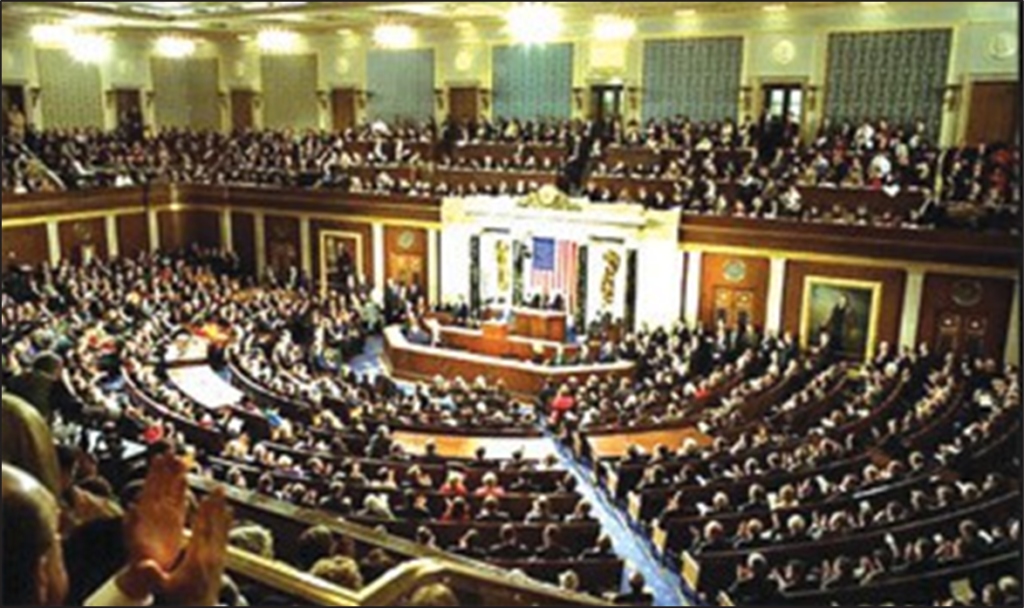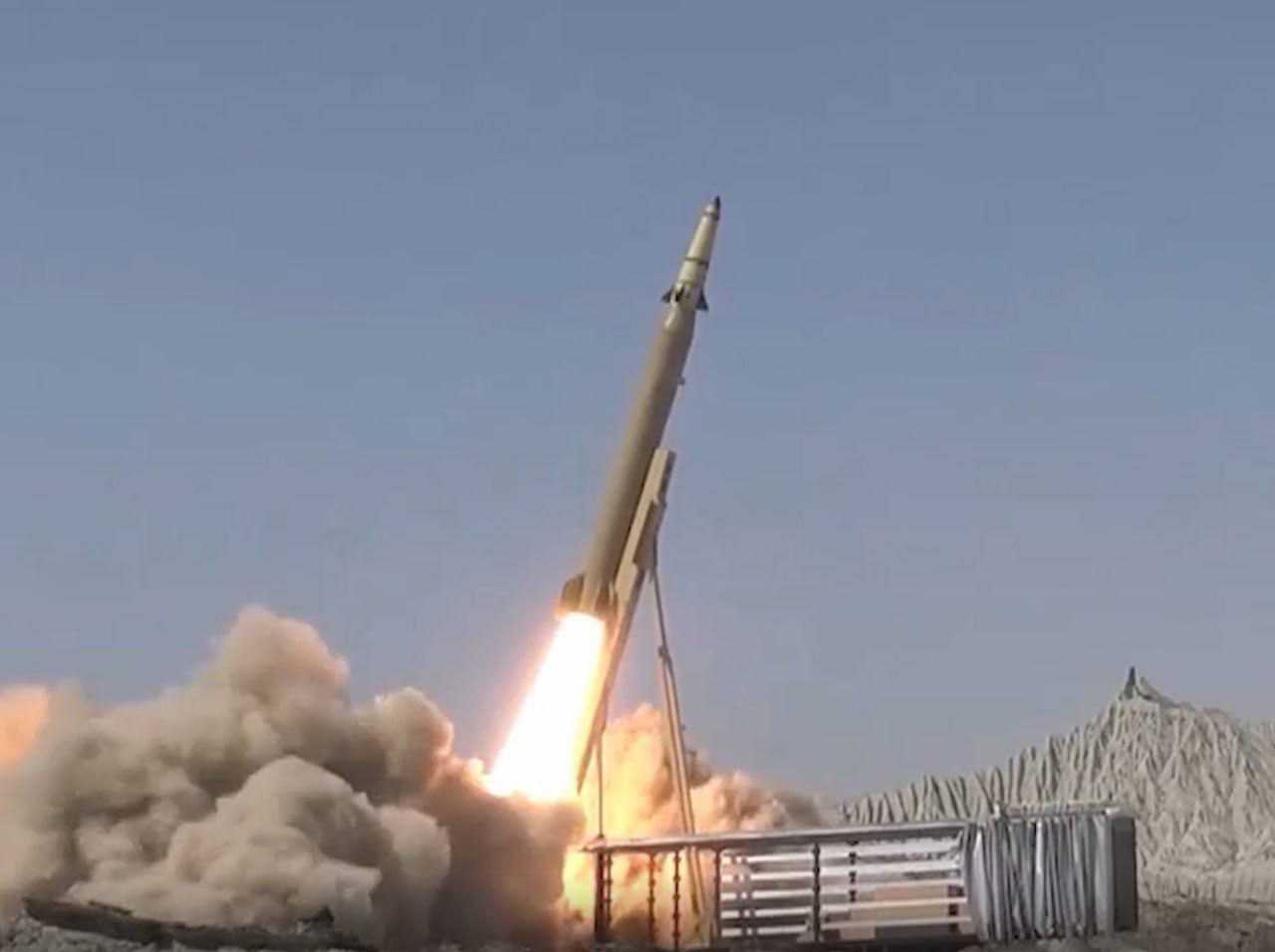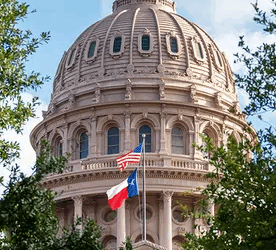May 10, 2024

The US House of Representatives went on a binge of anti-Islamic Republic bill passing in mid-April, approving nine bills meant to show how tough the Republican-controlled chamber is on Iran. Actually, it wasn’t very tough.
The bills didn’t amount very much though one part tries to throttle Chinese ports that handle Iranian oil, a new effort to get at a major loophole in sanctions today. The Senate a few days later took the ports bill and some less controversial ideas from the House and approved them on a 79-18 vote (which showed how non-controversial the final bill was) and sent it to President Biden, who swiftly signed it into law.
Of the nine bills the House passed in its frenzy, five were so uncontroversial they never drew more than 16 nays from the 435 House members. One, drawing 16 nays, would make the Iran Sanctions Act of 1996 the first law imposing sanctions on Iran permanent. Currently, it requires reapproval every few years, which has always happened easily. Another bill, drawing 13 nays, orders that at the World Bank the US vote against any proposal to extend loans to Iran.
That has been the policy of both Republican and Democratic administrations for almost half a century, but the House now wants to put that policy in the law so it looks tough. A third piece of legislation, drawing 14 nays, “condemns Iran’s unprecedented drone and missile attack on Israel.” This is a resolution, not a law, that merely expresses the opinion of the House.
The no votes came mainly from the ultra-left of the Democratic Party, including Alexandria Ocasio-Cortez of New York and Rashida Tlaib, the only Palestinian-born member of Congress, from Michigan. A fourth item, drawing 11 nays, says that any purchase of crude or petroleum products, no matter how insignificant, by small Chinese refineries, called “teapots,” is sanctionable so that any Chinese bank facilitating such a purchase will automatically fall under sanctions.
This is meant to address the fact that Iranian oil sold to China now goes only to small refineries called “teapots,” as major Chinese oil firms bowed out of such purchases a few years ago. The problem with the bill is that the teapots deal with small banks mainly the Bank of Kunlun that don’t do any business with the West or in US dollars and, as a consequence, aren’t touchable by sanctions.
As such, this bill is basically hot air. The fifth bill passed by an overwhelming margin of 419-4. The four nay votes came from Republican Thomas Massie of Kentucky, who opposes all bills that show the US actively involving itself in foreign matters, and Democrats Rashida Tlaib of Michigan, Ilhan Omar of Minnesota and Corrie Bush of Missouri, members of the Democratic “squad” or extreme left.
But note that Alexandria Ocasio-Cortez, widely viewed as the most leftist member of Congress as well as other leftist members voted for this bill. It requires that the Administration publish the value of the assets of more than 70 officials of the Islamic Republic, starting with the Supreme Leader. The list is to be published in English, Farsi, Arabic and Azeri. This is to be a list of all their assets, not just those found in the US and frozen under US sanctions.
The bill does not explain how the US government is supposed to determine what their assets are. Those were uncontroversial bills. Three other bills drew opposition from roughly one-third of the House membership, chiefly Democrats. On each of these three bills a large majority of Democrats voted nay while an overwhelming majority of Republicans vote yea.
The most controversial one passed on a 259-160 vote. It would terminate President Bush’s decision of a few months ago to allow about $7 billion in frozen Iranian assets in South Korea to be transferred to a bank in Qatar. South Korea had not allowed any of these funds to be tapped for humanitarian purchases, meaning agricultural products, pharmaceuticals and medical equipment.
Qatar does allow them to be tapped for those purposes. In fact, it has been US policy for almost a half-century to allow any funds frozen by the US to be used for such humanitarian purposes. That became policy under the Reagan Administration when there was a national reaction against the Carter Administration policy barring the Soviet Union from buying US wheat.
Billions of dollars of Iranian assets long frozen in countries other than South Korea are all available to Iran for humanitarian purposes, so the issue here is simply partisan politics in an election year an effort to paint Biden as “weak” on Iran. The second controversial bill passed on a 271-147 vote. This would require a president to get approval from Congress before waiving any sanctions on Iran.
Under current law, Congress can vote to disapprove any waiver; this bill would require a positive vote before any sanctions could be waived. A handful of sanctions have been waived over the years, freeing individuals and businesses from sanctions when they have proved they have changed their ways.
This has mostly applied to non-Iranian businesses that wanted to resume transactions with American firms. Again, this bill is mere partisan politics and wants to drive home the false GOP assertion that Biden does not want to enforce sanctions.
The third controversial bill was approved 278-141. It requires that when an administration wishes to terminate any sanction on Iran it must first submit a report to Congress explaining whether the action is intended or not intended “to significantly alter United States policy with respect to Iran.” Congress would then have the option to vote to disapprove the termination of the sanction.
The ninth bill got the most media attention. It drew limited opposition, passing the House 360-58. It got attention because it was called the “Mahsa Act,” to honor Mahsa Amini, the young women whose death in 2022 set off the latest enraged opposition to the regime. The bill has three parts on Iran sanctions. One would sanction any Chinese port that allows a boat carrying Iranian oil to dock.
This is an effort to tackle the main problem of sanctions today the growing sale of Iranian oil to small Chinese refineries. The new sanction is a recognition that the Biden Administration has a problem tackling this loophole in sanctions. Most of the “teapots” importing Iranian oil are based in Shandong province, which has seven ports.
If just one port took all the Iran oil imports and stopped dealing with the West, it could foil the new sanctions. It remains to be seen how effective this sanction will be. Strong majorities of both parties voted for this bill. Republicans backed it 186-25 and Democrats 174-33.
Another part of the bill applies sanctions to anyone helping Iran export missiles. The government can already sanction these people, so there is nothing new here. The third part would sanction Supreme Leader Ali Khamenehi and President Raisi and their staffs and assorted others.
Khamenehi and Raisi are already sanctioned, but the text would likely capture many other people not yet sanctioned. The sanctions freeze their assets inside the United States, block Americans from doing business with them and deny them US visas the same sanctions that have been around for decades and don’t exactly scare many Iranian revolutionaries. This MAHSA bill was included in the bill the Senate passed and that Biden has now signed.
Excepting the port sanctions language, none of these bills would really have any major impact on policy. In fact, most would likely have no impact at all on policy. They are little more than efforts by a group of Republicans to portray themselves as strong opponents of the Islamic Republic and the Biden Administration as “weak” on Iran.430
























